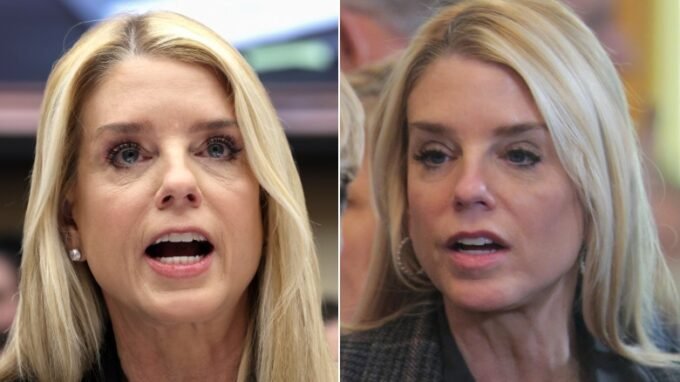There’s something a little theatrical about an MP walking across the floor of the House — literally leaving the benches where they once sat and taking a seat with former opponents. It grabs headlines, it invites instant judgement, and it forces people to ask: did they betray voters, or are they finally being honest about who they are? I’m not sure there’s a single right answer. It often depends on the time, the politician, and — crucially — how voters read the explanation.
A long history, a shrinking safety net
Floor-crossing in Canada isn’t new. It dates back to Confederation, and over the years hundreds of MPs have swapped labels or declared themselves independent. Early on, though, the change didn’t always doom a politician’s career. Research shows that until about the mid-20th century, MPs who changed parties tended to keep roughly the same share of votes in the next election as they had previously. That surprised me — it suggests voters were once more forgiving, or perhaps less tied to party brands.
Things shifted after the 1970s. As parties became more institutionalized, the cost of switching grew. Seminary-like loyalty to party identity, clearer party platforms, stronger party machines — whatever you want to call it — made it harder for an MP to survive politically once they left the fold. Semra Sevi, an assistant professor at U of T who tracked every MP who switched from Confederation through 2015, puts it plainly: switching is an extremely risky move that almost always hurts re-election chances. Not always, but almost.
Motives matter — at least to some voters
You might think there should be a rule: if you cross the floor, you must go back to voters immediately. Others have tried to make that law; bills have been introduced to force a byelection when an MP switches parties, but they’ve failed. So, in Canada, a floor-crosser can keep their seat until the next general election — much to the annoyance of campaign volunteers who worked under one banner only to find their candidate in another party a few months later.
Stories of unexpected success — and embarrassing failure
There are memorable exceptions on both ends. Jenica Atwin made a surprising jump in 2019 as the first Green MP elected outside British Columbia. Two years later she moved to the Liberals, citing internal Green Party strife. She was re-elected as a Liberal that same year — bucking the usual trend. That shows how local context and personal credibility can sometimes beat the general rule.
On the other hand, not every switch works. Eve Adams left the Conservatives for the Liberals in early 2015 and then lost the Liberal nomination later that year. Leona Alleslev, who jumped from the Liberals to the Conservatives in 2018, was re-elected once but lost in 2021. So even if you survive an immediate backlash, the long-term costs can show up.
A few of the most dramatic tales read like political soap operas. Belinda Stronach’s 2005 defection to the Liberals came with a lot of theatre — even personal fallout — and it briefly kept Paul Martin’s minority government alive. Stronach later won re-election with a bigger margin as a Liberal than she had as a Conservative. Contrast that with David Emerson in 2006: he won a Vancouver riding as a Liberal and days later joined Stephen Harper’s cabinet. The move provoked furious backlash, an ethics probe, and a lingering stain on his reputation. He didn’t run in 2008.
Also read: When the Badge Becomes a Burden: Policing, Pain and the Search for Trust in Nunavik
Sometimes floor-crossing changes the course of parties themselves. The early 2000s saw a wave of defections from Stockwell Day’s Canadian Alliance; a dozen or more MPs left or were suspended, some forming the short-lived Democratic Representative Caucus. That crisis ultimately helped lead to a merger with the Progressive Conservatives and the creation of the modern Conservative Party. So defections aren’t just personal dramas — they can reshape party systems.
What might this mean going forward?
As parties continue to cement their identities, the space for successful floor-crossing seems to shrink. But politics is messy, and there will always be exceptions. If a politician is seen as acting on principle, with a clear, believable rationale, they might survive. If they’re seen as chasing power, the voters will likely punish them.
For politicians contemplating the move, it seems clear: measure twice, then decide. Think about the riding’s history, your personal reputation, and whether your explanation will land at kitchen tables. For voters, it’s a reminder that representative democracy is messy and personal. You don’t always get clean answers. Sometimes you get a politician shifting, maybe for the best, maybe for the worst. And then you get to judge them at the next ballot.













































Leave a comment